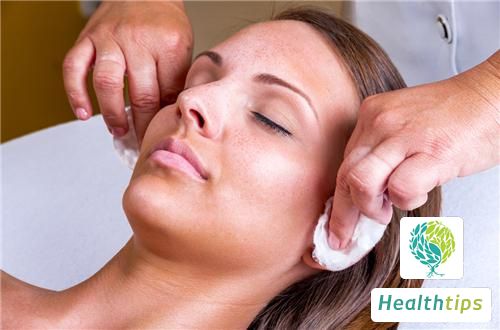What Should I Do If My Hair Gets Wet with Sweat During Postpartum Recovery?
During confinement, if the hair becomes sweaty, it should be wiped dry promptly, and water should be replenished in time.

1. Wipe Dry Promptly: After the hair becomes sweaty during confinement, it should be wiped dry promptly to prevent dampness and coldness from entering the body, which may lead to headaches in the future. You can use a dry towel to wipe it and then use a hairdryer to dry it. If there is no convection wind indoors, you can choose not to wear a hat to avoid suffocating the head and increasing sweating.
2. Replenish Water Promptly: During lactation, women tend to sweat more than usual, resulting in sweaty hair. Pregnant women experiencing this condition do not need to worry as it is a normal physiological phenomenon for postpartum women during lactation. However, during this period, the mother needs to replenish water promptly to avoid dehydration.
Excessive sweating during confinement may be related to the mother's normal metabolism, puerperal fever, postpartum weakness, and other factors. During pregnancy, in order to ensure the normal growth and development of the fetus, the mother's blood volume will increase. After childbirth, excess blood will enter various tissues and organs of the body for metabolism, with the skin being the primary metabolic pathway. Therefore, the amount of sweat during postpartum will significantly increase. Adding too many clothes during confinement, combined with high room temperature and poor ventilation, can easily cause puerperal fever, leading to increased sweating. Heavy bleeding during or after childbirth can lead to anemia and physical weakness in the mother, which may cause excessive sweating during activities. If excessive sweating during confinement is accompanied by other uncomfortable symptoms, it is recommended to seek medical attention promptly, undergo relevant examinations, and receive active diagnosis and treatment under the guidance of a professional doctor.



















